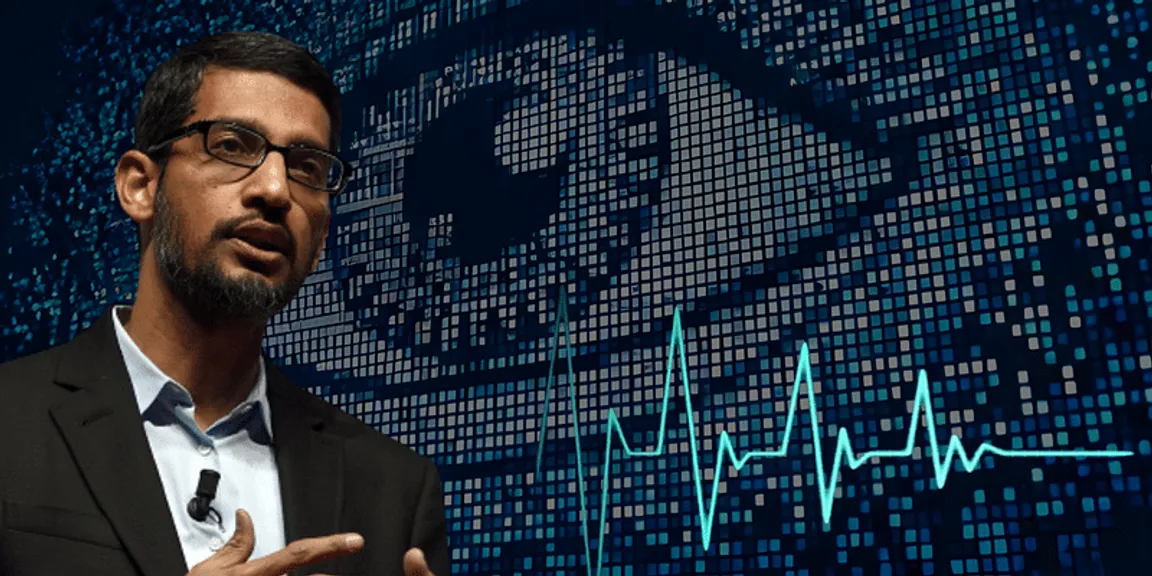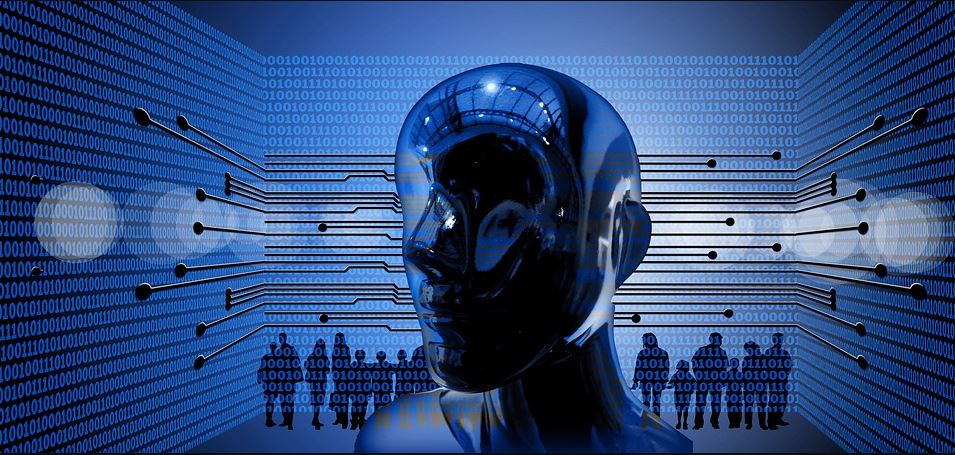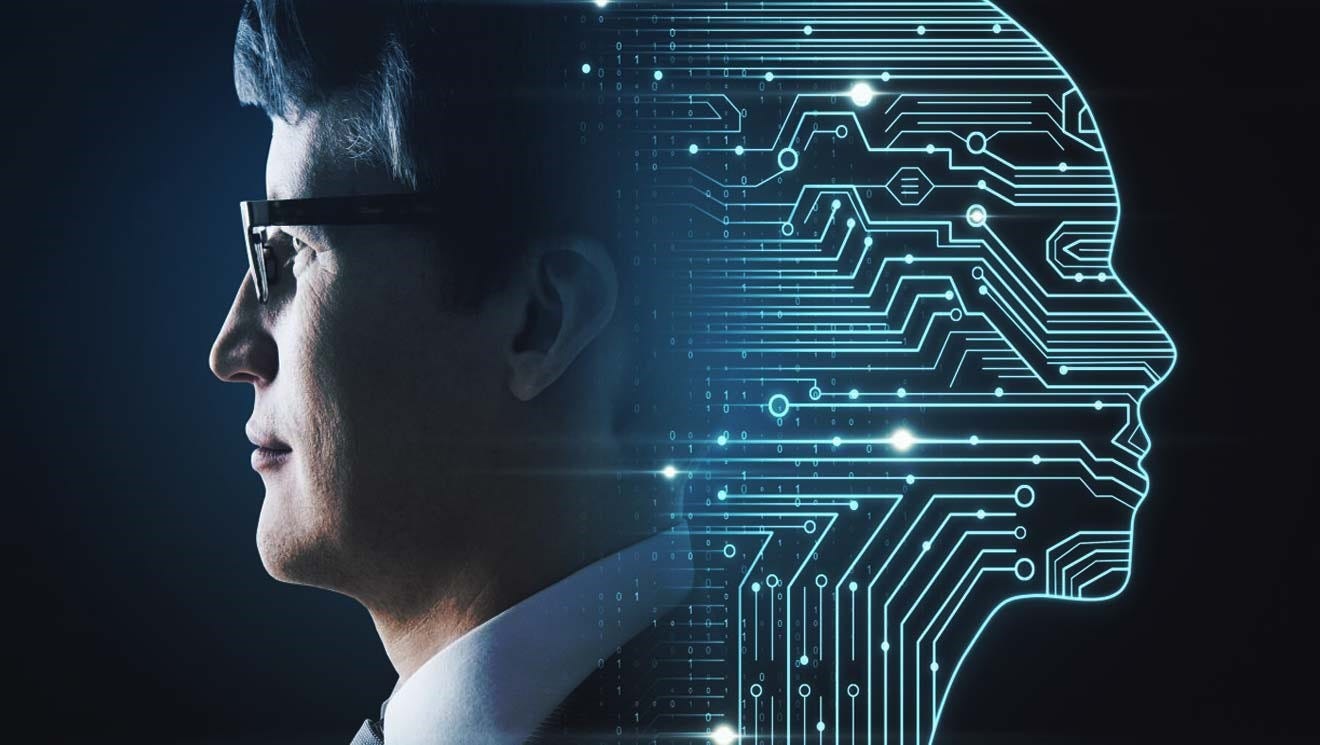Google has unveiled an innovative Artificial Intelligence (AI) technique that has the potential to revolutionize healthcare by streamlining the detection of cardiovascular risks.
Full Story
During a recent event, Google CEO Sundar Pichai showcased this groundbreaking technology. The algorithm works by analyzing retina scans and matching them with a matrix that assesses cardiovascular risks. By examining the eyes, this AI technique can provide insights into the heart’s health condition, offering a non-invasive and efficient method for risk assessment.

Source: YourStory
Traditionally, the process of identifying cardiovascular risks involves a lengthy series of tests and scans. However, Google’s recent announcement introduces a breakthrough algorithm capable of predicting and preventing cardiovascular events through a single retina scan.
Early testing of the algorithm has shown promising results, with an accuracy rate of 70 percent. This development highlights the growing potential of AI in healthcare, demonstrating how technological advancements can significantly improve patient outcomes and enhance the efficiency of medical diagnostics.

Source: Android Authority
Previously, AI models had to be manually trained with limited data, whereas transformers have been trained on billions of data points, resulting in a more comprehensive and accurate classification system. Tushar Vashisht, CEO of HealthifyMe compared the new AI technique to an artificial intelligent brain with billions of neurons, capable of fine-grained detection, diagnosis, and understanding of information.
However, Vashisht also emphasized that the use of AI can assist doctors in managing more patients efficiently, potentially reducing costs and improving access to healthcare for consumers. The combination of AI and medical expertise has the potential to revolutionize the healthcare industry, enhancing diagnostic capabilities, and benefiting both doctors and patients.

Source: Towards Data Science
Dr. Sandeep Mishra, Director of the Institute of Cardiology at NIMS, acknowledged the significance of technological advancements in refining diagnostics. However, he stressed that while these tests and AI techniques contribute to improved therapy, they should be integrated with human intelligence and expertise.
According to Dr. Mishra, these tools serve as tests that need to be implemented within the context of a physician’s knowledge and judgment. While they enhance diagnostics, they cannot replace the role of a physician or the importance of human intelligence in the healthcare process. He emphasized the importance of verifying the efficacy of such tools and ensuring their appropriate application in specific contexts.
Also Read
Gita GPT: A Google Engineer Builds An AI Chat-Bot On Lines Of Bhagavad Gita





















































































